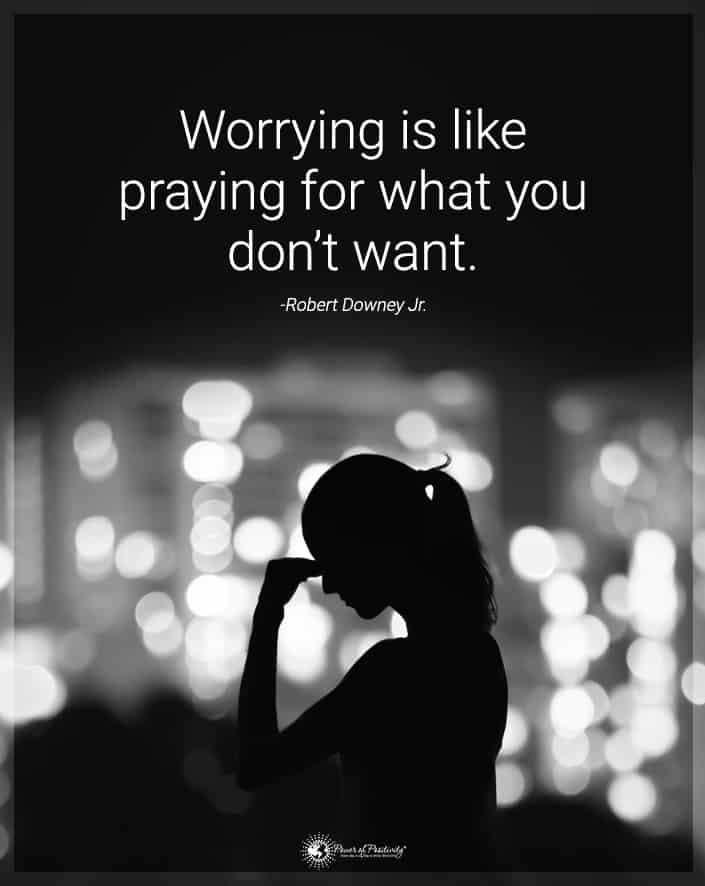Emotional intelligence is a concept that has been on the rise for a couple of decades. But it has existed as an idea since the 1960s. It promotes the idea of an alternative intelligence to IQ, creating the idea that book smarts and socially normative views of intelligence may not be all there is to our brains and life.
So, what is emotional intelligence? Is it important? Is it necessary? Can it be built? Do you have it, and if you do, what can you do with it? And if you don’t, is that a bad thing? Read on to find out what emotional intelligence is and three ways to use it!
What Is Emotional Intelligence?
Let’s look at the hallmarks that define this concept.
1. Defining Emotional Intelligence
Emotional intelligence, often shortened to EQ or EI, refers to the ability to use, handle, perceive, manage, and understand different emotions. This idea applies to both yourself and others. Its use as a term surged in popularity in the mid-1990s. More recently, it has been touted as a highly positive and valid form of intelligence.
Someone with high EQ would presumably handle awkward situations, social environments, and interactions with others with grace. Someone with low EQ may struggle to understand why someone is sad, angry, or happy, even if the reasons seem perfectly obvious to others. This is a common experience of neurodivergent individuals who struggle with social cues or “normal” emotional affairs.
Having low EQ isn’t necessarily a bad thing. However, most people do want to increase their emotional intelligence. Indeed, there are many positive things that research has associated with high emotional intelligence, such as:- Better job performance
- Improved leadership skills
- Higher levels of positive thinking
- Better mental health
- Improved relationships
- Positive influence over others
There has been a fair bit of controversy about emotional intelligence over the years, with questions about whether or not emotional intelligence is valid when compared to or used in tandem with the Big Five personality traits or standard IQ. Luckily, research has found that emotional intelligence maintains its validity even with those factors accounted for.
2. Components of Emotional Intelligence
Emotional intelligence seems like a pretty abstract concept, but there’s more theory behind it than you may think. Experts have even been able to properly identify emotional intelligence features across different people, leading to what we know about the composition of EQ.
Daniel Goleman is credited with coining the term “emotional intelligence,” and his book about his research and theories on the subject identified five components of emotional intelligence. Here are those components:
· Self-Regulation
Self-regulation allows you to take note of your emotional responses to things and ensure that they are appropriate and proportionate to the inciting incident. It means being aware of the consequences of your actions, being able to pause before deciding on behavior, and pushing yourself to bring out your own best.
· Empathy
Emotional intelligence does have to make you focused on yourself and your actions, but that doesn’t mean it makes you self-centered. Those with high EQ can put themselves in the shoes of others and understand where they come from, even if they’ve never been in that situation before. You don’t judge people, using your own experiences as a guide.
· Self-Awareness
Being aware of your motivations, patterns, and thoughts is a crucial part of emotional intelligence. It allows you to be mindful of how your actions affect the world and the people around you, as well as yourself. You know what you feel, you know how to understand what you think and their triggers, and you’re under no illusions about your strengths and weaknesses.
· Social Skills
You don’t need to be a social butterfly to have the social skills necessary for emotional intelligence. Mostly, this component means you can work with other people, are capable of conflict resolution, and develop positive communication techniques like active listening and welcoming body language. You would likely also know how to build relationships with others.
· Motivation
Emotional intelligence requires a degree of intrinsic motivation – a desire to do well and improve for yourself and your development. Your idea of success is defined by you and you alone, not by what other people try to push you into. You’re more likely to seek out goals that improve your personal growth over material goals, though there’s also nothing wrong with seeking material goals at the same time.
If you’re looking to build or increase your emotional intelligence, these are the five factors you’ll likely want to focus on improving the most. Although some people believe that emotional intelligence is innate and unchangeable, it can certainly be built and improved on, like any other skill or form of intelligence.
It is worth noting that – as is with all research and theories – there are some criticisms of Goleman’s explanation of these five components. As such, it is advised that you do some of your research or seek a professional opinion as you try to build your EQ!
Three Ways To Use Emotional Intelligence
Here are three ways to put EI to work to improve your life.
1. Stop Being Reactive
It’s easy to immediately follow an impulse to react to the situations unfolding around you, whether they’re positive or negative. In cases of conflict, adverse events, or unexpected life changes, you may jump straight to a defensive mode instead of pausing to think about things.
You can use your emotional intelligence to control these impulses. Instead of reacting to things, respond to them. Use your knowledge of actions and consequences, your empathy skills, and mindfulness of your emotions to take a pause and think of how to respond to different situations.
The goal of any adverse event is to resolve it. While you can’t always tackle these events with positive thinking, you can certainly think about how to best move forward instead of simply reacting based on your emotions. With your EQ, you can consciously adjust your response to fit the situation and work towards solving problems instead of responding to them and accidentally exacerbating them in the process.
2. Learn About Others
High emotional intelligence allows you to learn more about the people around you more quickly than those with low emotional intelligence. Better yet, the more you know about others, the more likely you are to develop even more emotional intelligence! Here are some ways to learn about others:
· Understand What Others Want And Expect
Different people are driven by different things and want other things out of their world and goals. Understanding those driving forces and desires is crucial to gaining a complete picture of the people around you. It can show you how to best communicate with, relate to, and appeal to those individuals. If you’re in a leadership position, this will also help you work better with your team and cooperate with those around you!
· Ask About Their Experiences
Emotional intelligence can drive you to be genuinely curious about other people, their lives, and what they’ve been through. Use that to your advantage by showcasing your genuine interest and asking questions. Demonstrate that you’re genuinely interested in hearing about other people and what advice they have to share, and you’ll get to expand your horizons and impressively widen your worldview.
· Practice Active Listening
If you want to get people to talk to you, you have to show that you’re engaged, and emotional intelligence equips you with the ability to be! But that doesn’t mean you shouldn’t go the extra mile to make people feel heard. Use open body language, turn towards the people that speak, make good eye contact, and indicate your understanding.
3. Focus On “We” Instead of “Me.”
As human beings, we’re all in the same boat – just trying to navigate life in the best way possible. Use emotional intelligence to keep that in mind as you go through your daily experiences and interact with the people around you.
When you connect to other people, it becomes evident that things aren’t really about you. Besides that, they’re certainly not about you versus them. Instead, there’s a collective sense that everyone in the world is in this life together.
People with low emotional intelligence may struggle to be there for other people or charitably view others because they consider their fate and life entirely isolated from those around them. Your EQ can remind you that this is not the case.
We’re all on a ship sailing through the tumultuous sea of life. If someone’s side of the ship gets damaged, you don’t shrug and say, “that’s your side, so I’m staying out of it.” Instead, you recognize that we all need to work together and keep each other afloat and healthy. Otherwise, we all go down!
This is, of course, not to say that you should feel responsible for other people and their decisions. Instead, it is a reminder to use your emotional intelligence to form team-like bonds with others instead of competing with the people around you or judging them for their struggles.
Of course, this also goes for accepting criticism. Many people struggle to accept criticism in their lives. Don’t let that be you! You can learn so much from the feedback that the people around you provide, so don’t react to any constructive statements that sound bad at first. Put on your positive thinking, absorb what’s being said, and use that information to improve.
Final Thoughts On Some Ways To Use Emotional Intelligence
Emotional intelligence is a valuable tool, and it can make your life, interactions, and career better in many ways. It’s a great skill to build and showcase, and it can help you build stronger, healthier relationships with others and feel more fulfilled with your situation.
If you have low emotional intelligence, don’t feel discouraged! People can improve their emotional intelligence to some degree, at least on a cognitive level, and you certainly can, too.
If you struggle with some aspects of emotional intelligence, you can also communicate your difficulties with it; for example, difficulty comprehending social cues or emotions, as a symptom of neuro-divergence, is something that the people in your life can learn to accommodate.
The bottom line is that emotional intelligence, while necessary, doesn’t have to be something innate, and it’s okay if you have trouble with some of its components. Learning to work on the things you can change, especially with a therapist or similar professional, works wonders!

















 Community
Community

